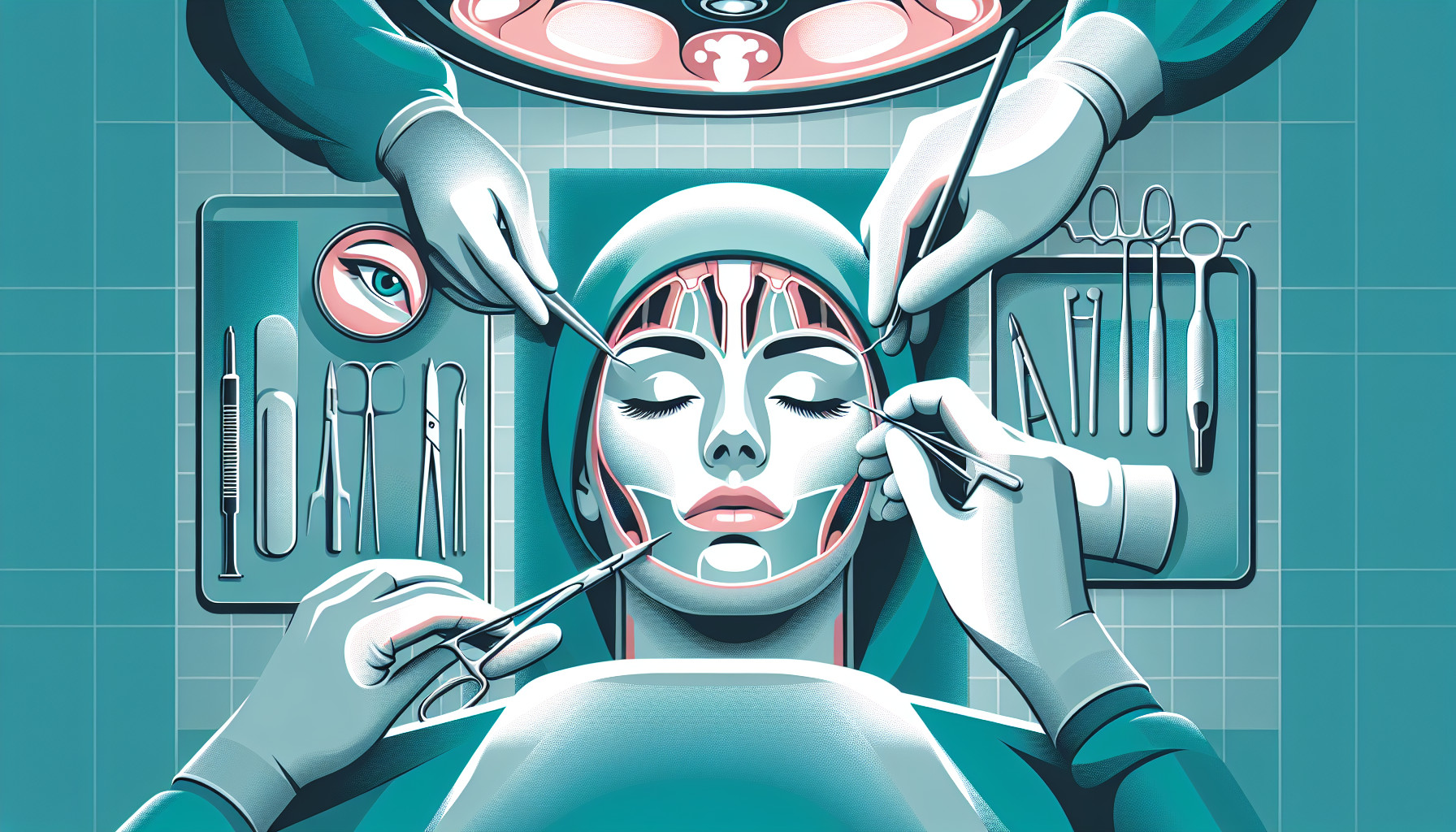Our Summary
This study looked at the personality traits and mental wellbeing of patients about to undergo two different types of surgery: orthognathic surgery (which corrects conditions related to the jaw and face) and rhinoseptoplasty (nose reshaping). They did this by giving the patients a series of questionnaires, which included both personality tests and a drawing test.
The results showed that patients about to undergo orthognathic surgery had higher scores in areas relating to health anxiety and mental exhaustion. For those about to have rhinoseptoplasty, higher scores were seen in areas relating to health anxiety, mental exhaustion, antisocial behavior, and disorganized thinking.
The study concludes that it would be beneficial to assess patients’ mental and emotional wellbeing before these types of surgeries. This includes looking at depression, anxiety, panic, and aggression. This information could help doctors understand how emotionally and psychologically ready patients are for surgery.
FAQs
- What is orthognathic surgery and rhinoseptoplasty?
- What type of personality traits and mental wellbeing were observed in patients about to undergo orthognathic surgery and rhinoseptoplasty?
- Why does the study suggest assessing patients’ mental and emotional wellbeing before undergoing orthognathic surgery or rhinoseptoplasty?
Doctor’s Tip
One helpful tip a doctor might tell a patient about orthognathic surgery is to be open and honest about any feelings of anxiety or stress they may be experiencing. It is important for patients to communicate their emotions and concerns with their healthcare team so that appropriate support and resources can be provided. Additionally, seeking counseling or therapy before and after surgery may be beneficial in managing any emotional challenges that may arise during the recovery process.
Suitable For
Patients typically recommended for orthognathic surgery are those with severe jaw misalignment, facial asymmetry, difficulty chewing or speaking, obstructive sleep apnea, temporomandibular joint (TMJ) disorders, and facial trauma. These conditions can impact a patient’s quality of life, self-esteem, and overall health. Orthognathic surgery can help improve facial aesthetics, restore proper jaw function, alleviate pain, and improve overall oral health. It is usually recommended for patients who have completed their facial growth, typically in their late teens or early twenties.
Timeline
Before orthognathic surgery:
- Diagnosis of a jaw or facial condition that requires surgical correction
- Consultation with an orthodontist and oral surgeon to discuss treatment options
- Orthodontic treatment to align the teeth and prepare for surgery
- Pre-surgical appointments and tests, such as X-rays and dental impressions
- Discussion of the surgical procedure, risks, and expected outcomes with the surgeon
- Mental and emotional preparation for the surgery, including addressing any anxieties or concerns
After orthognathic surgery:
- Recovery period, which may include swelling, pain, and difficulty eating
- Follow-up appointments with the surgeon to monitor healing and progress
- Resuming normal activities gradually, with restrictions on certain foods and activities
- Orthodontic adjustments to maintain the results of the surgery
- Physical therapy or speech therapy, if necessary, to address any changes in jaw function
- Psychological support to cope with any changes in appearance or self-image post-surgery
Overall, the timeline for orthognathic surgery involves a thorough evaluation and preparation process before the surgery, followed by a period of recovery and ongoing care to ensure optimal results and long-term success.
What to Ask Your Doctor
Some questions a patient should ask their doctor about orthognathic surgery include:
- What are the potential risks and complications associated with orthognathic surgery?
- How long is the recovery process and what can I expect during the recovery period?
- Will I need to follow a specific diet or make any lifestyle changes before or after surgery?
- What type of anesthesia will be used during the surgery and what are the potential side effects?
- How long will the results of the surgery last and will I need any additional procedures in the future?
- What are the alternatives to orthognathic surgery and why is surgery recommended in my case?
- How experienced are you in performing orthognathic surgery and what is your success rate?
- Can you provide me with before and after photos of previous patients who have undergone orthognathic surgery?
- Will I need to see a specialist, such as an orthodontist, before or after the surgery?
- How will orthognathic surgery improve my quality of life and overall health in the long term?
Reference
Authors: Brucoli M, Baena RRY, Boffano P, Benech A. Journal: Oral Maxillofac Surg. 2019 Jun;23(2):179-186. doi: 10.1007/s10006-019-00758-1. Epub 2019 Apr 23. PMID: 31016403
